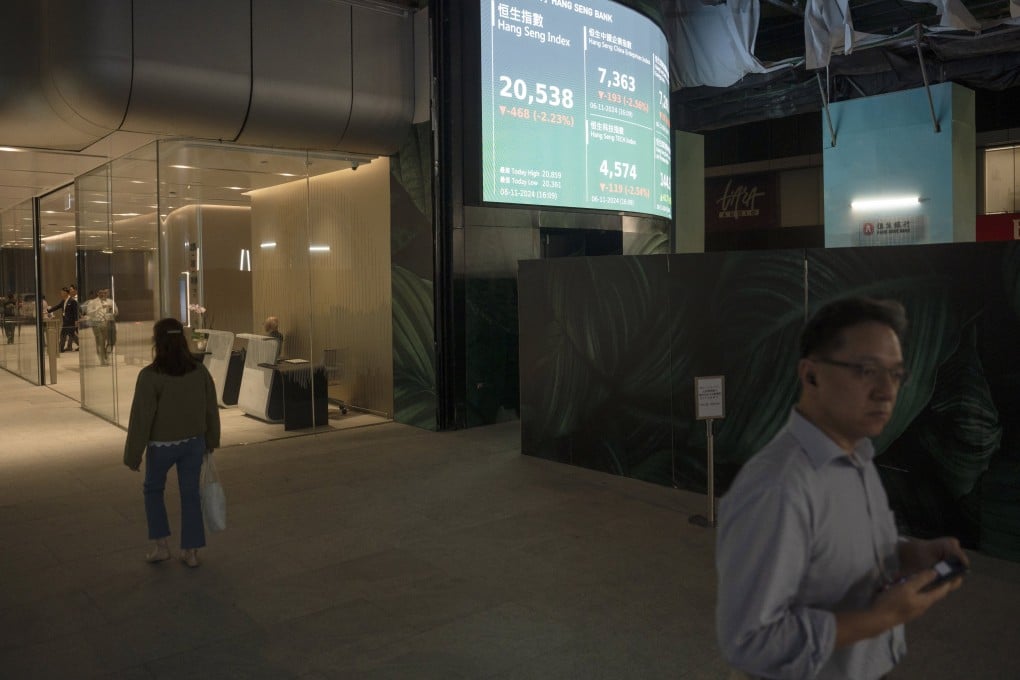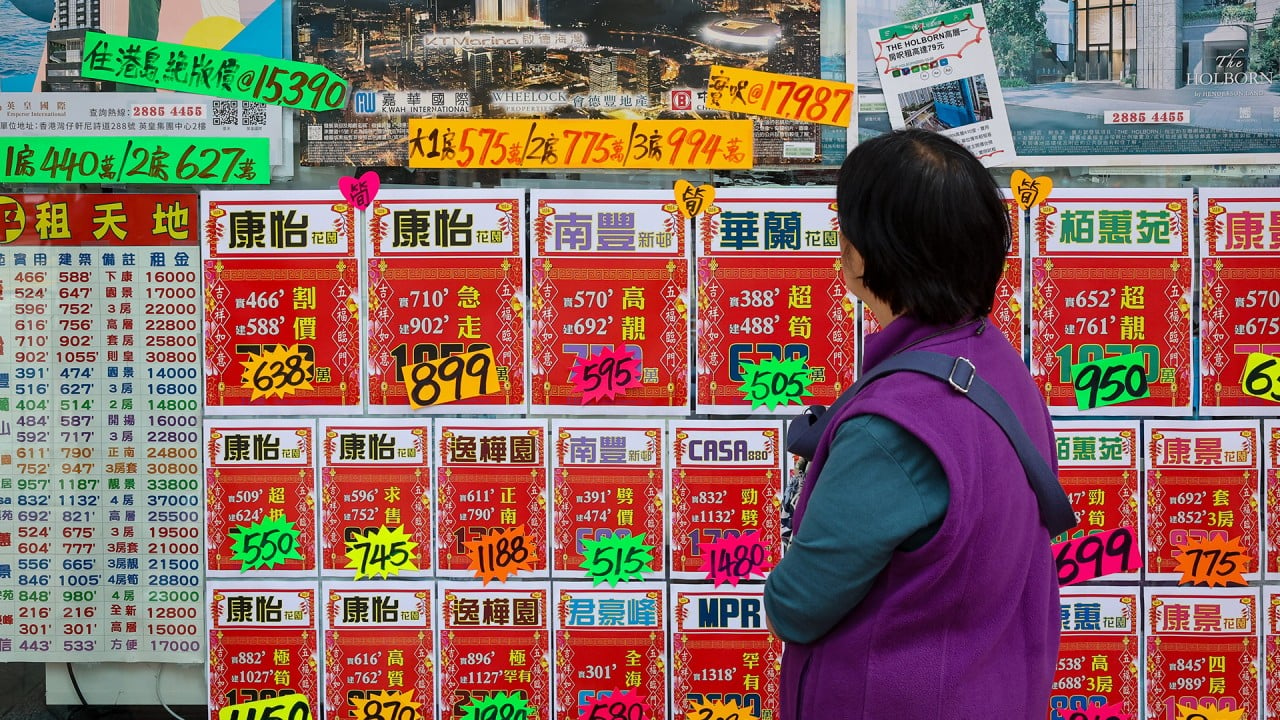Hong Kong stocks surrender gain on China deflation risk as Tencent snaps 6-day rout
Tencent stepped up stock buy-backs after a HK$477 billion sell-off in the past six trading days

The Hang Seng Index slipped 0.2 per cent to 19,240.89 on Thursday to a level last seen on November 26. The gauge erased an earlier gain of as much as 0.7 per cent. The Tech Index climbed 0.1 per cent while the Shanghai Composite Index retreated 0.6 per cent.
Sportswear maker Li Ning slumped 5 per cent to HK$15.56 and electric-car maker Li Auto lost 4.4 per cent to HK$87.50 while e-commerce leader Alibaba Group retreated 0.4 per cent to HK$80.60.
Limiting losses, Tencent advanced 1.1 per cent to HK$373.40 to halt a losing streak partly triggered by the US decision to blacklist the WeChat owner as a Chinese military company. Anta Sports rallied 4.5 per cent to HK$78.60 after UOB Kay Hian said its retail sales picked up last quarter.
Tencent, the third-largest Hong Kong-listed firm, has spent HK$3.7 billion (US$475.6 million) to buy back its own shares this week, according to exchange filings, after a six-day rout that erased HK$477 billion from its market value.
